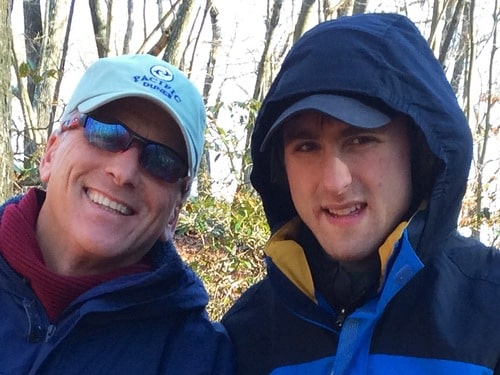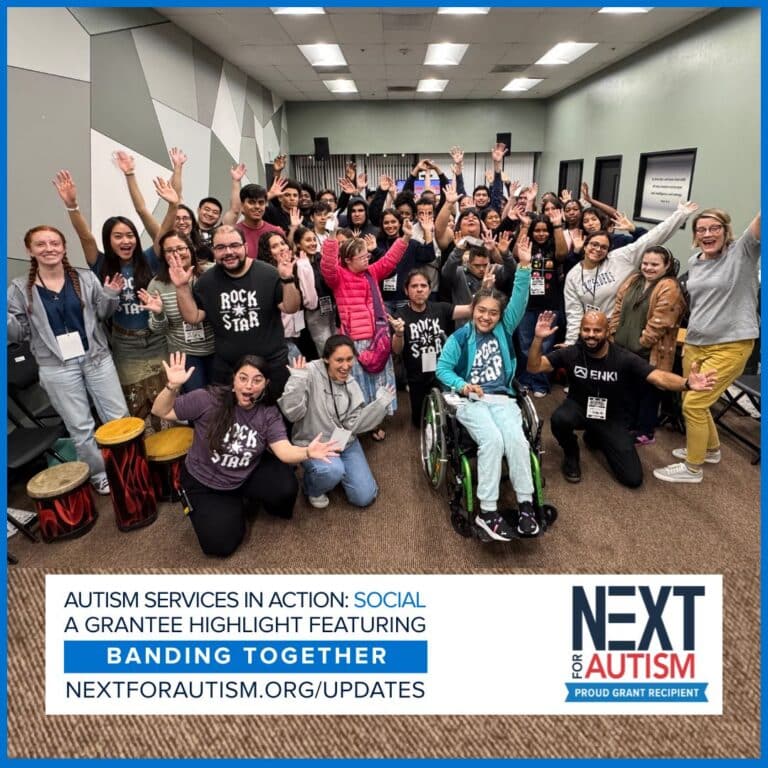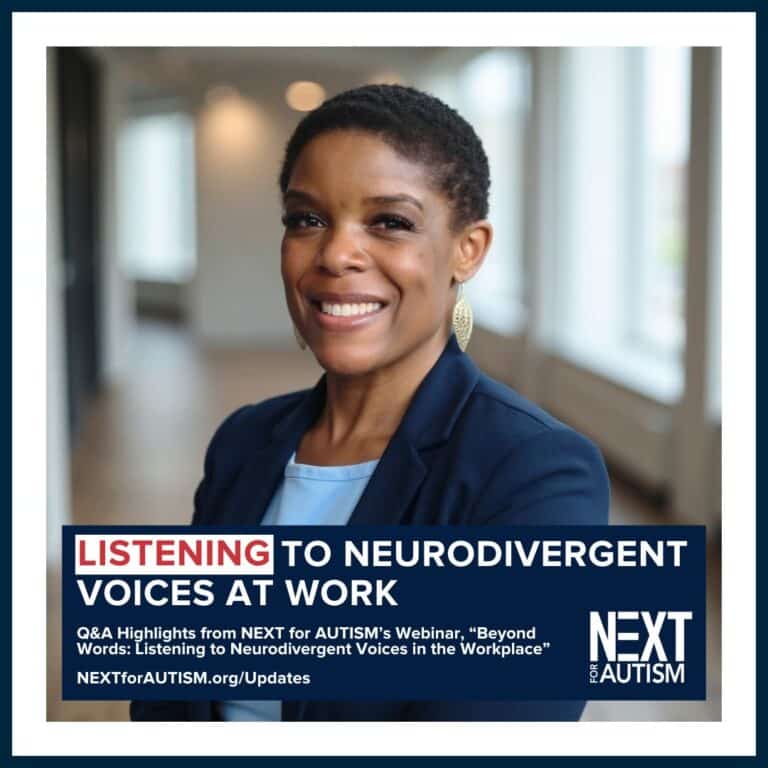By: Rick Goldsmith
NYCA Board Member

Traditionally, Father’s Day is considered a time for children to honor their fathers by buying them presents, treating them to breakfast, or letting them do whatever they want. However, it is also a time for fathers to reflect on their relationships with their children and how they have enriched our lives. Dads who have children with autism may face challenges in reaching the point where they become grateful for their special, albeit unconventional, relationship with their children.
My son Jack was diagnosed with autism when he was two, and like all parents of children with autism, I experienced the emotional roller coaster from diagnosis to early childhood to adolescence and beyond. The reality of autism didn’t match what I had envisioned for my relationship with my son. I had always dreamed of playing catch, coaching his games, helping him with his school-work, discussing the birds and the bees, and doing everything else that my friends bragged about. I found myself dwelling on all of the activities that I wasn’t able to do with Jack and feeling profoundly sad and sometimes even angry about his limited ability to communicate. Jack’s language and fine motor skills are also affected by apraxia, which affects his speech and ability to type. Consequently, I struggled to understand what he was thinking, feeling and understanding.
As difficult as it was for me, Jack was unable to express his feelings and, in turn, this created a downward spiral where he got increasingly frustrated and his behaviors became more extreme. Our relationship suffered because of this lack of mutual communication and understanding, and each year, Father’s Day would be difficult for me. Although, I have two wonderful daughters, I lamented the distance between Jack and me. Then everything changed.
Jack’s educational consultant told my wife, Barbara, that she believed that Jack was very bright but his apraxia impeded his ability to express his thoughts. She had witnessed great success in the use of facilitated communication (FC) with people with autism who also had motor planning impairments like Jack. FC is a controversial method of typing where a facilitator provides physical support and resistance to the person’s typing hand. I am an extremely skeptical person and a self-proclaimed realist who doesn’t fully believe anything without physical proof; consequently, I had my doubts.
When Barbara called me after the first time Jack typed she was in tears and started to tell me about the profound thoughts Jack had shared with her. To her astonishment, he had absorbed the countless hours that they spent working on reading and communicating. He typed pages of his feelings about autism, school and his relationship with his family. I still had doubts because I hadn’t seen it myself nor did I understand how it would change my understanding of Jack.
When the therapist came back again and began to work with Barbara, I sat as closely as I could to Jack and watched him type (remember I am a total skeptic). Jack’s index finger was flying around the keyboard in response to open ended questions about what he was thinking. He told us what it’s like to have autism and how difficult it was for him to control his behavior. He talked about how great his Mom was and how much it meant to him that she did everything to make him happy. Then, he told us that Dad didn’t understand him, was mean at times and talked about him in front of him as if he didn’t understand. I was crushed because he was absolutely right.
From that point forward, my relationship, understanding, and attitude towards Jack changed. He has continued to type with us, and keeps us updated on his frustrations, ideas and feelings. Due to this change, I now understand Jack. I am much more patient when he gets upset or angry. Now that I know what Jack is experiencing, I do my best to let him know that I’m listening. When I see that he is anxious, we take a break and go on a long walk that helps melt away Jack’s pent up frustrations. At times when we return I’ve noticed Jack’s grip on my hand relax, and his slow walk turns into a skip down the block. I relish the time we have together.
Every other Friday, I drive to Massachusetts to his school and bring him back to our home in Connecticut for the weekend. Although Jack still doesn’t say very much on our ride home, he does a lot of smiling. Most importantly for me, his teacher’s tell me that most mornings he repeats the phrase, “I want Daddy”. That makes for a very, very Happy Father’s Day.







Leave a Reply